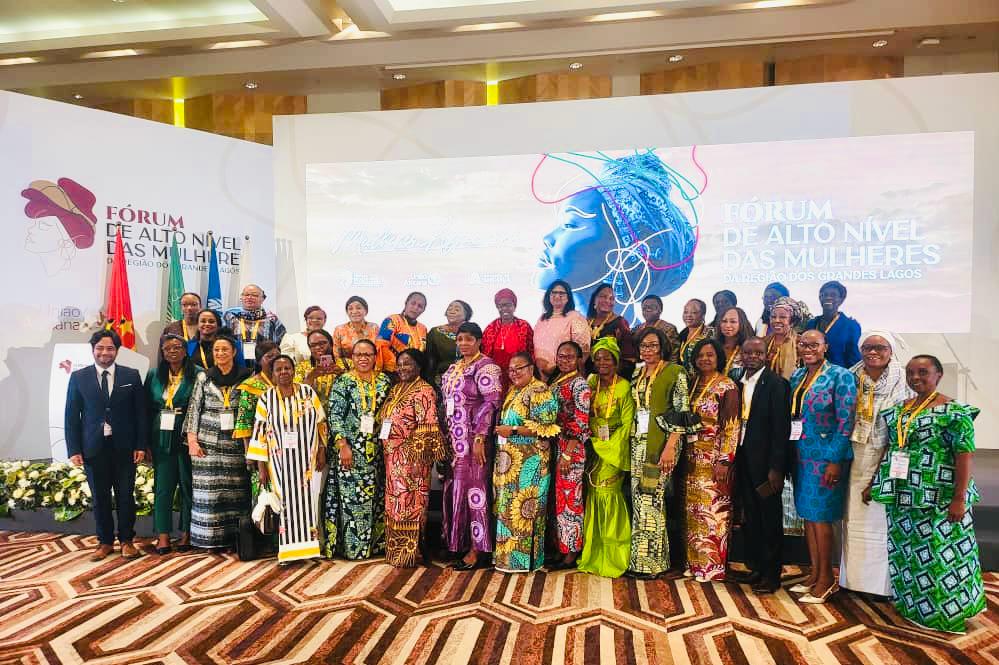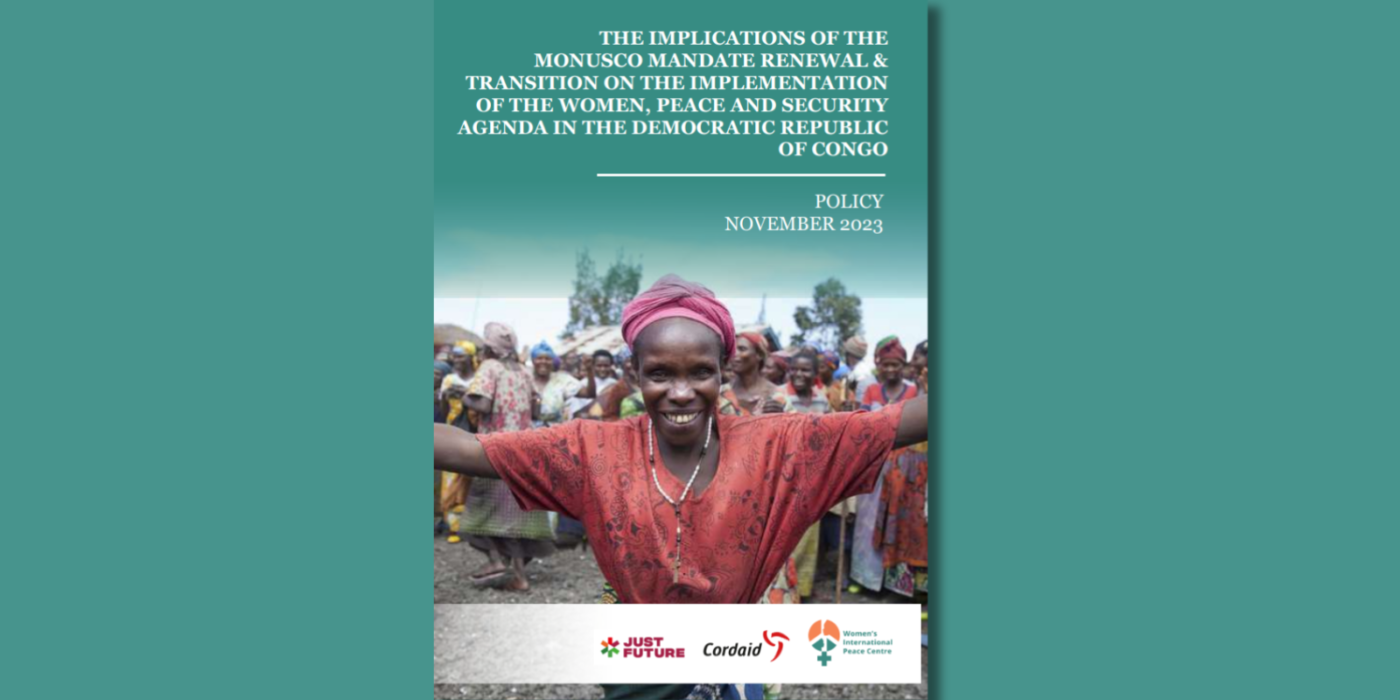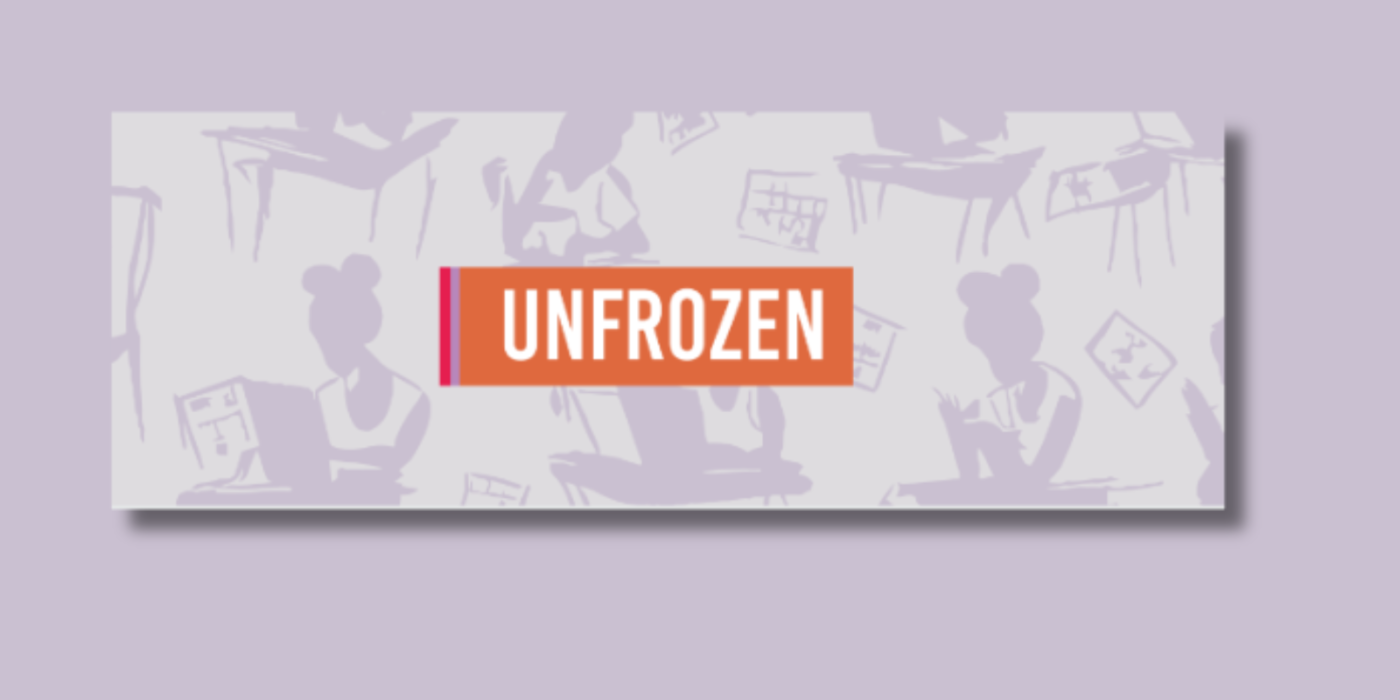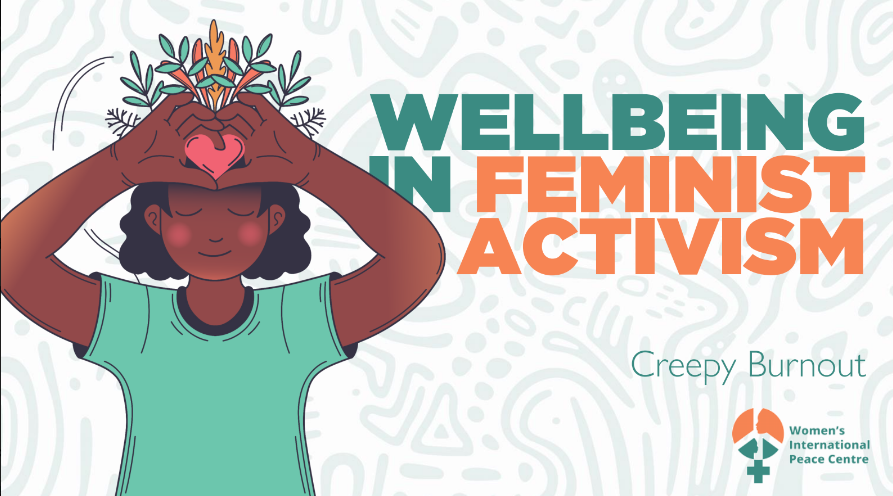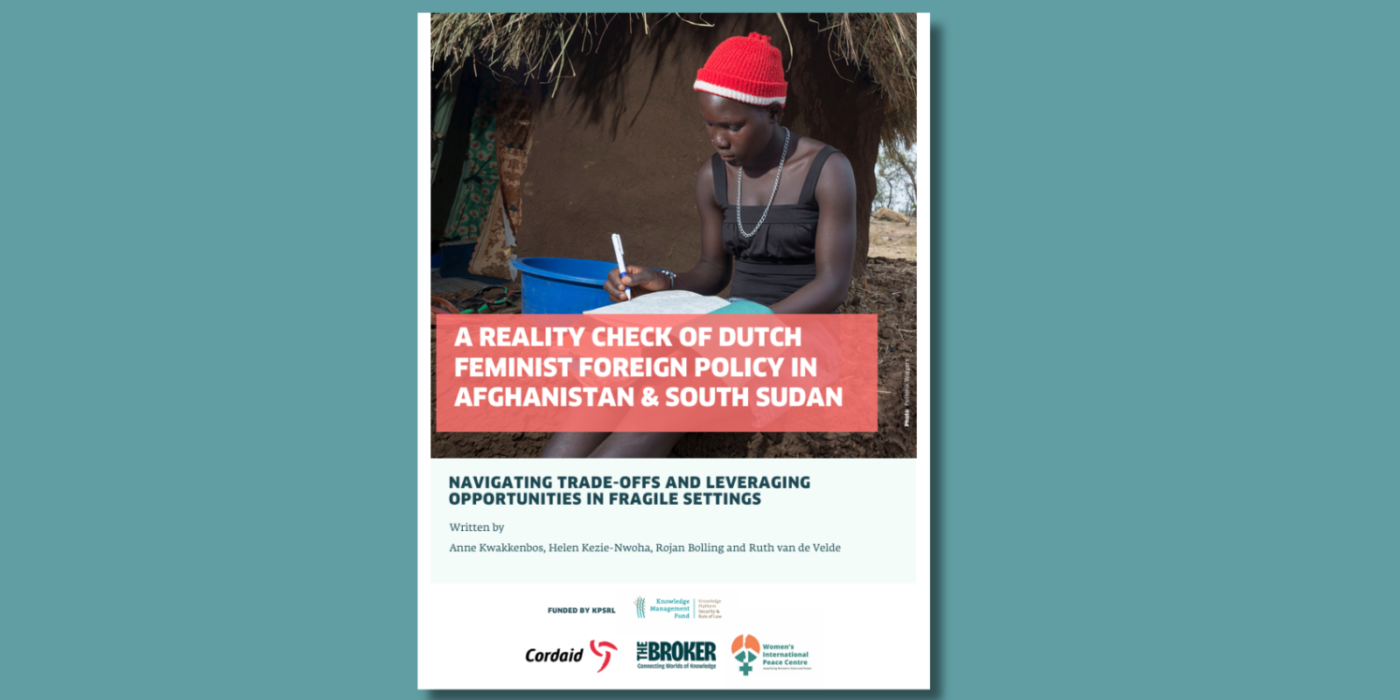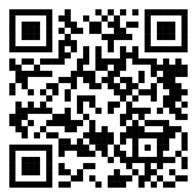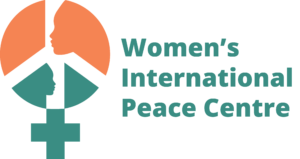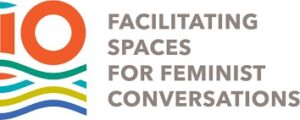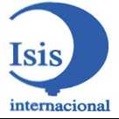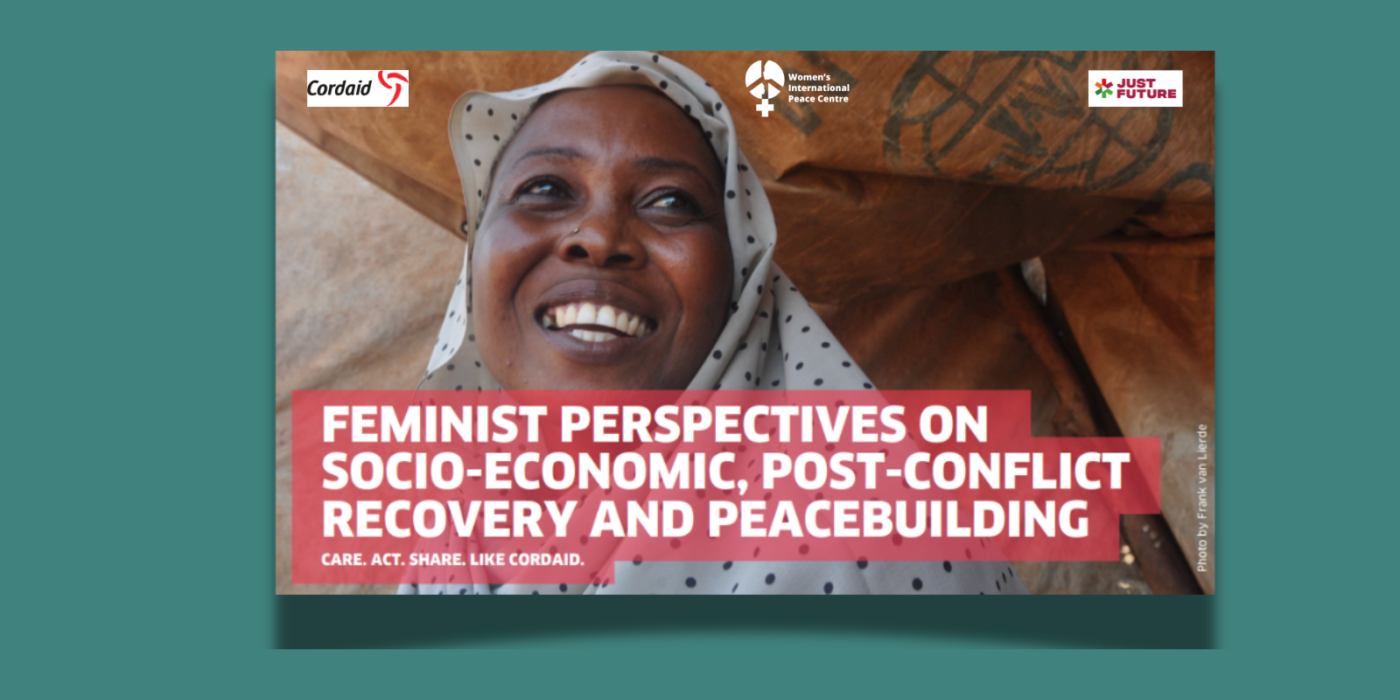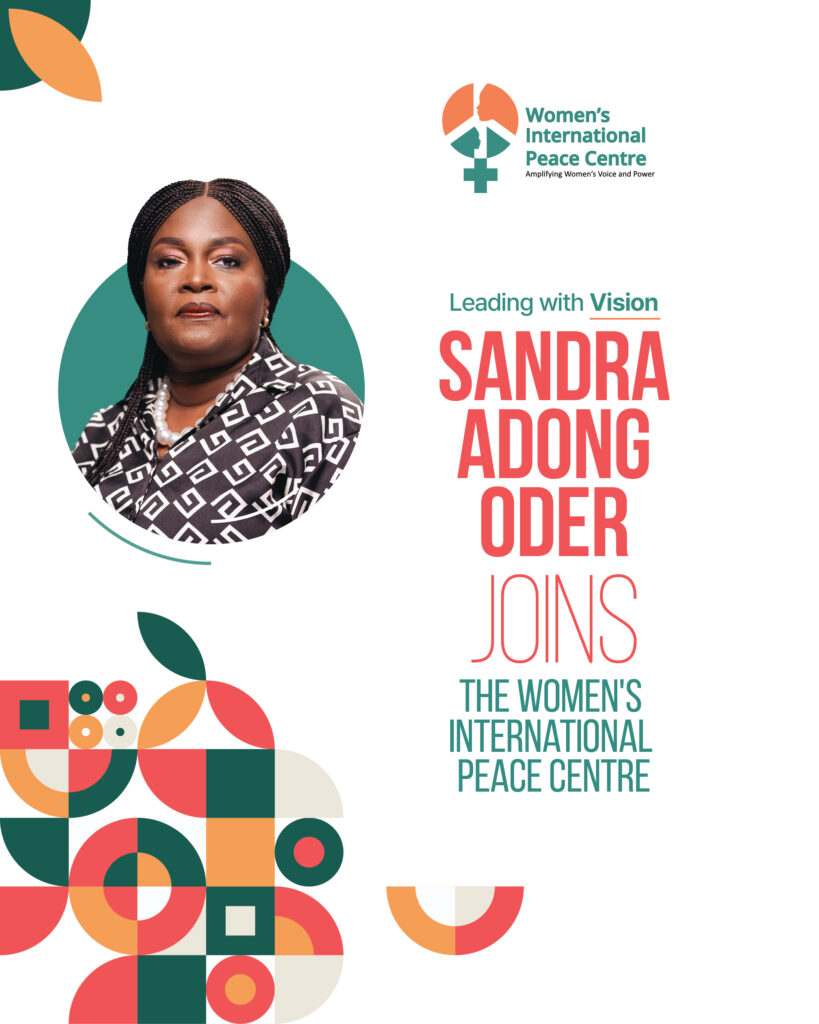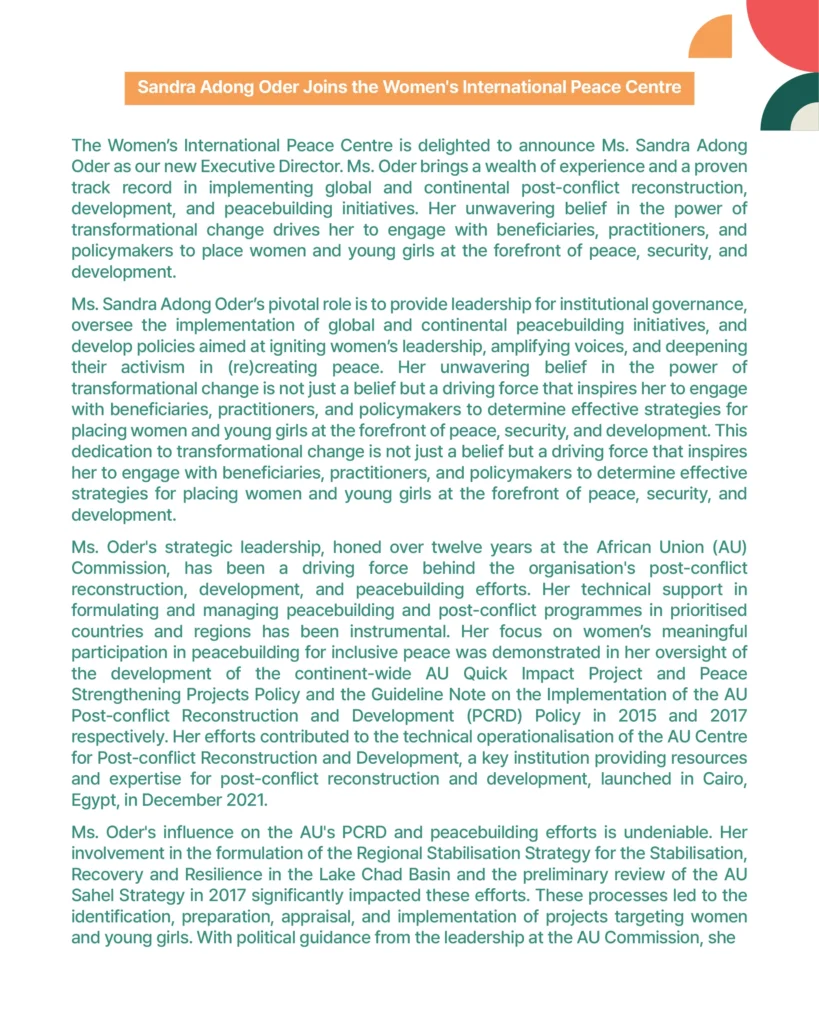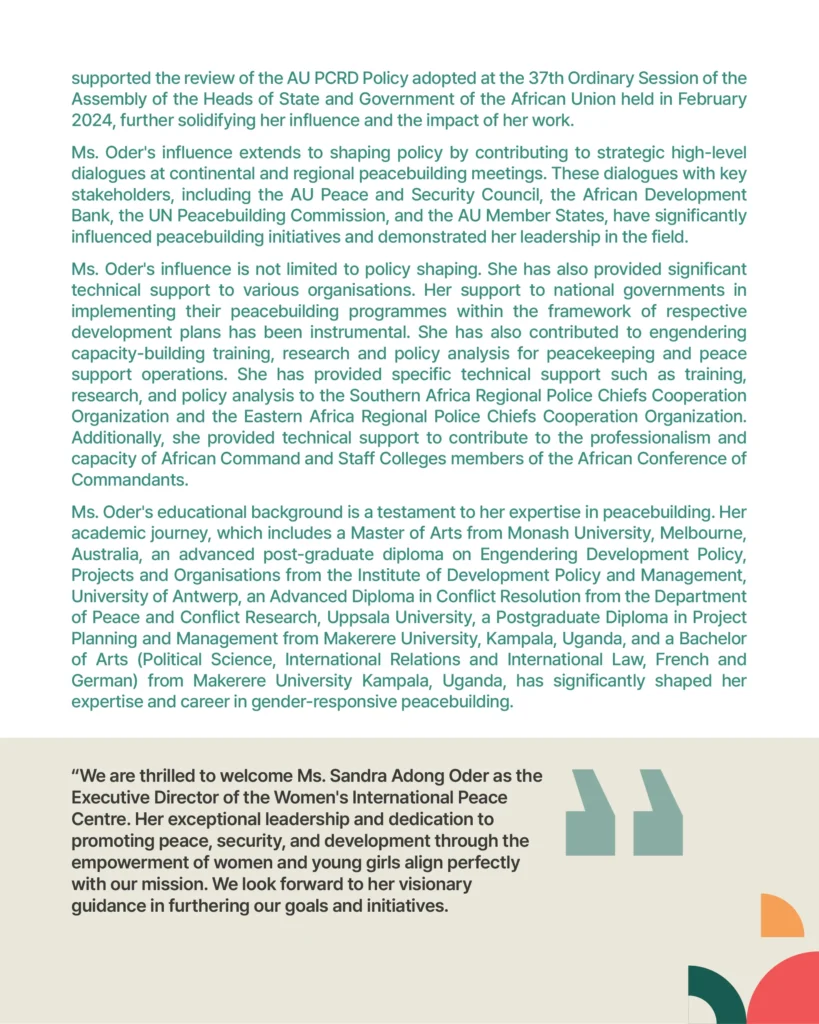Advancing Women’s Leadership in Peace Processes: The Women’s International Peace Centre at the Regional Forum of Women of the Great Lakes Region on Strengthening Women’s Participation and Leadership in Peace and Security Processes in the Great Lakes
The Women’s International Peace Centre (The Peace Centre) was proud to participate in the Regional Forum on Women’s Participation and Leadership in Peace and Security Processes, held from October 18–19, 2024, in Angola.
The forum, convened under the theme “Strengthening Women’s Participation and Leadership in Peace and Security Processes in the Great Lakes Region,” focused on advancing the role of women in the Luanda and Nairobi peace processes and addressing the challenges they face in peace and security efforts
Organized by the Government of Angola in partnership with the African Union Commission’s (AUC) Office of the Special Envoy on Women, Peace, and Security, the forum brought together women leaders, civil society organizations, policymakers, diplomats, religious institutions, and academics from across the Great Lakes Region.
It served as a critical platform to mobilize collective support and solidarity for women, children, and vulnerable groups affected by conflict—particularly in Eastern DRC—and to push for inclusive peace strategies that place women at the forefront of conflict resolution and peacebuilding.
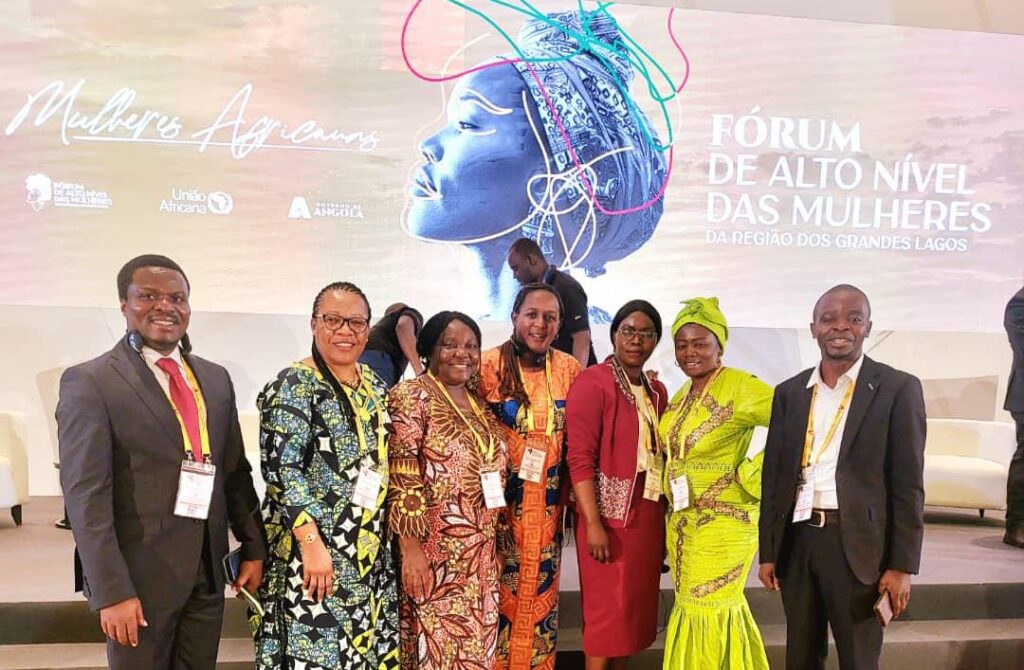
Recognizing the importance of women’s representation in peace processes, the Peace Centre supported six civil society partners from South Sudan, Burundi, and the Democratic Republic of Congo to attend and actively engage in the discussions. Their participation helped amplify grassroots voices and reinforce the urgent need for women’s leadership in peace negotiations and decision-making.
One of the key highlights of the forum was the powerful testimony of Nene Bintu Irangi from DRC, who shared her lived experiences on the challenges and opportunities for women’s participation in electoral processes in the DRC. Her story underscored the systemic barriers that limit women’s full engagement in governance and peacebuilding and the need for stronger policies and action to support their political inclusion.
At the conclusion of the forum, a final communiqué was adopted, which captured the pressing needs and aspirations of women in the region. The communiqué reinforced the demand for women’s meaningful participation in peace processes and called for greater regional and international support to ensure that their voices shape the future of peace and security in the Great Lakes Region.
As the Peace Centre, we remain committed to strengthening women’s leadership in peace and security, ensuring that women are not just present at the table but are actively shaping the decisions that impact their communities and the region at large. The Regional Forum was a powerful reminder that peace cannot be achieved without the full participation of women, and we will continue to advocate, support, and mobilize for their rightful place in decision-making spaces.
Read Communique here: FINAL-Luanda Forum Communique_CN 19 October final team(1)

